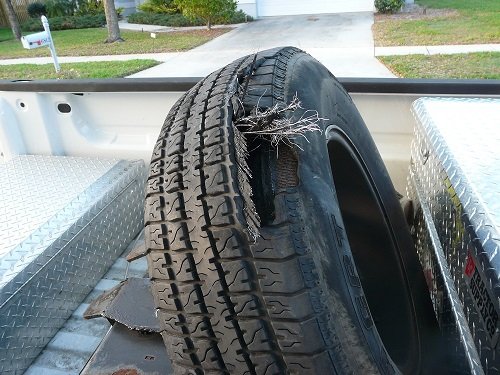BinaryBob
Moderator Emeritus
Hi all..
going to look at a 2005 class A with 10,000 miles.
Has original tires. The dealer was quite adamant about the "myth" of requiring new tires every 6-7 years.
He doesn't know where that came from. Told me if the tires are "checkered" then you have a problem.
1. What is "tire checkering"?
2. Is the 6-7 year rule hard and fast?
Thanks...
going to look at a 2005 class A with 10,000 miles.
Has original tires. The dealer was quite adamant about the "myth" of requiring new tires every 6-7 years.
He doesn't know where that came from. Told me if the tires are "checkered" then you have a problem.
1. What is "tire checkering"?
2. Is the 6-7 year rule hard and fast?
Thanks...

